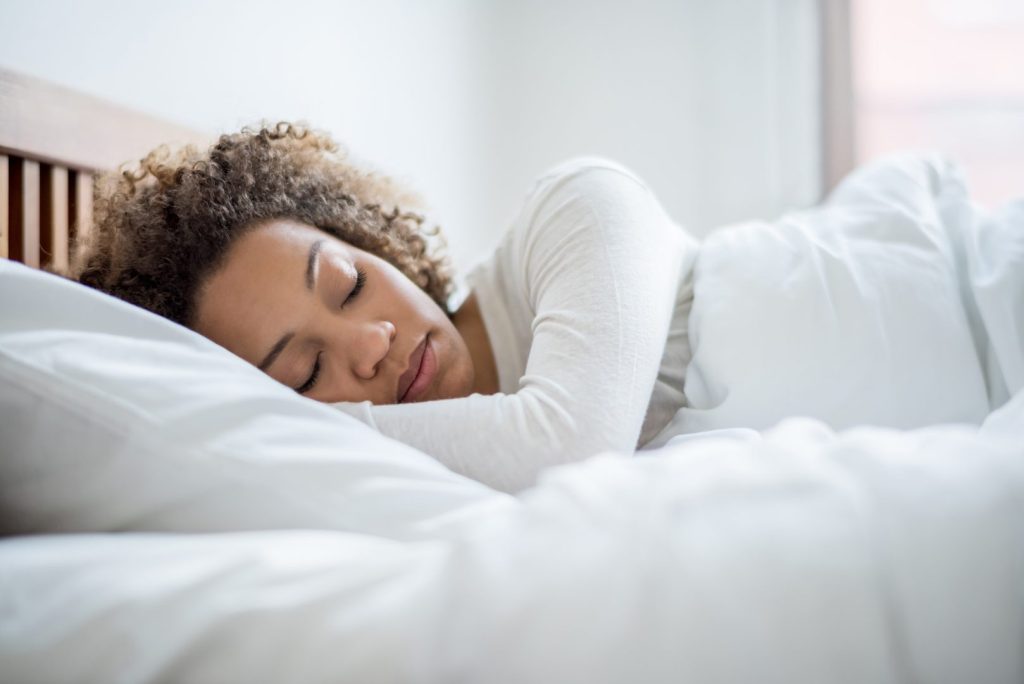We all know which one we are – but do we know why? For some of us, it’s personal preference, dedication or our routine, but for many of us, it’s all part of what makes you, you. So, why do some of us prefer early mornings and some prefer late nights?
Our body clock
Our sleep patterns are determined by our circadian rhythm (otherwise known as our internal body clock). We don’t all have the same circadian rhythm – some of us have a slightly shorter or longer cycle, which affects how we sleep. Night owls usually have long cycles, whereas early birds have shorter cycles.
Our status as a night owl or early bird can change as we age. Teenagers, for example, are usually night owls. I doubt that will surprise you!
We can also alter our circadian rhythm with enough practice. Lifestyle changes and our routine may dictate our sleeping patterns, changing our circadian rhythm and leading us to become natural early risers as time goes on.
The big question is – which is better?
Scientifically speaking, there’s evidence to say that both night owl and early bird lifestyles have their advantages and disadvantages.
Studies show that night owls are more likely to have a caffeine dependence, erratic eating patterns and a poorer mood. However, they also show that they’re more likely to remain mentally alert for longer periods throughout the day and perform better in cognitive and memory tests.
Early birds are more likely to perform better academically, have a lower risk of depression and show more resilience. Just like with night owls, the early bird lifestyle also has some disadvantages – studies show they have less energy in the late afternoon, less mental stamina overall and don’t get benefit from the second burst of energy most night owls experience in the evenings.
It’s fair to say that most of us would agree that being an early bird benefits those of us who work the typical 9 – 5 and it’s a desirable lifestyle for many. However, at ART Health Solutions we aren’t so concerned with when you sleep – but more with how much sleep you get.
It feels like every time you open LinkedIn you see a hot-shot entrepreneur bragging about his or her 4.30 am start and how it’s the secret of their success.
The last thing your body needs is to be shocked into waking up at a time that is completely unnatural to it – and this certainly won’t do anything for your cognitive performance. If you’re looking to perform better through the day, we advise you simply focus on getting more sleep. Maybe that means going to bed earlier and over time, you will probably wake earlier (maybe even at 4.30 am if that’s your goal).
As far as we’re concerned, the time you wake up doesn’t matter to us – as long as you’re getting that precious 7 – 9 hours of sleep a night.
How we can help
Using our One Wellbeing technology, we can help you and your employees accurately monitor sleep, health and wellbeing – giving your team a better idea of how they’re sleeping and how it is impacting their cognitive performance. Want to know more? Why not schedule a chat with a member of our team to learn more about ART, One Wellbeing and the actionable data our workplace wellbeing tools can bring to your business.
